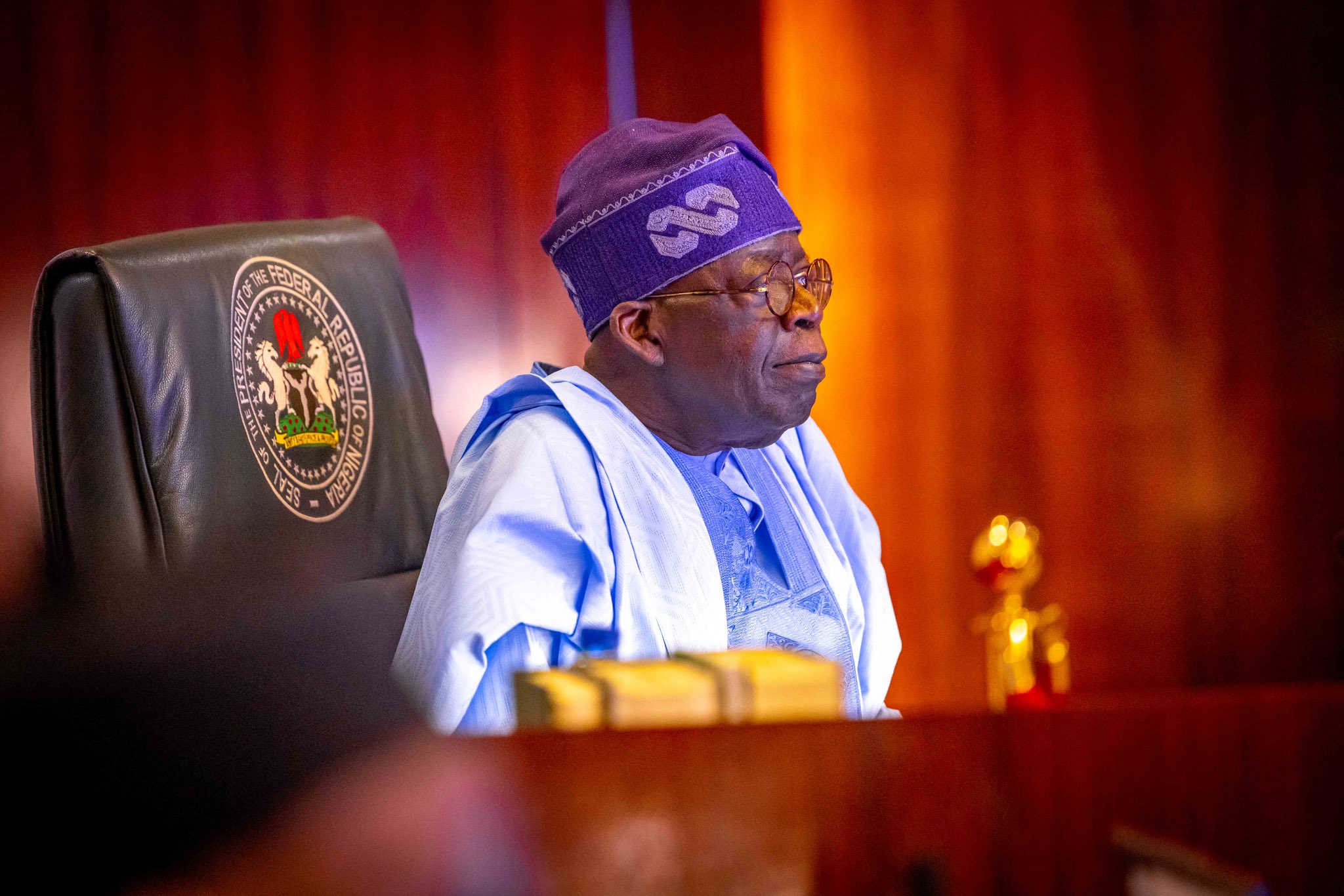The House of Representatives has reaffirmed its support for strategic and responsible borrowing

The Speaker of the House of Representatives, Rep Abbas Tajudeen, has reaffirmed the House’s unwavering support for President Bola Tinubu’s borrowing strategy, insisting that responsible credit remains crucial to financing Nigeria’s infrastructure and stimulating growth.
Delivering a keynote address at the 8th Annual African Network of Parliamentary Budget Offices (AN-PBO) Conference in Abuja, Abbas stressed that recent reports suggesting otherwise were “horrendously and mischievously” taken out of context.
The conference hosted by the Nigerian National Assembly in collaboration with the National Assembly Budget and Research Office (NABRO)—focused on “The Role of PBOs in African Parliaments’ Fiscal Oversights: Contribution to the African 2063 Development Agenda.”
Abbas clarified that comments credited to him at the 11th Annual Conference and General Assembly of the West Africa Association of Public Accounts Committees (WAAPAC) were misinterpreted.
At that earlier meeting, he had raised concerns over Nigeria’s rising debt-to-GDP ratio of 52 per cent above the statutory 40 per cent limit while urging West African parliaments to strengthen oversight of public borrowing.
“Recently, a speech delivered by the House Leader at the West Africa Parliamentary Conference was horrendously and mischievously reported out of context, creating the false impression that the House of Representatives does not support the borrowing strategy of President Tinubu’s administration,” he said.
“We should state clearly that this interpretation is both inaccurate and misleading.”
The Speaker maintained that“strategic and responsible borrowing is an essential fiscal tool,” adding that modern economies must sometimes leverage credit “to finance critical infrastructure, stimulate growth, and protect vulnerable populations.”
According to Abbas, every loan secured under President Tinubu is “targeted, transparent and sustainable, consistent with Nigeria’s medium-term debt strategy and guided by global best practices.”
ALSO READ: Nigeria’s debt addiction & legislative inaction | ANALYSIS
“Under our President’s leadership,” he continued, “borrowed funds are being channelled towards transformative projects that will expand revenue-generating capacity—such as power, transport and agriculture—rather than for consumption.
The House stands firmly behind the President’s vision of using judicious borrowing as a catalyst for growth and poverty reduction, while simultaneously strengthening oversight mechanisms.”
The speaker further revealed that Nigeria loses an estimated $18 billion annually to financial crimes, amounting to about 3.8 per cent of GDP, and warned that Africa as a whole forfeits over $587 billion each year to corruption, illicit financial flows, and inefficiencies.
“Africa is at a crucial crossroads in its history, with a population of approximately 1.4 billion people roughly one-sixth of humanity,” he said. “Nigeria, as the continent’s most populous nation with over 200 million people and a GDP of about $477 billion in 2022, carries a special responsibility in this African story.”
He highlighted the continent’s vast resources and youth population but cautioned that persistent poverty and unemployment remain daunting challenges. “Each year, 12 million young Africans enter the labour market, yet only around 3 million formal jobs are created,” Abbas noted, warning that the demographic dividend could become a demographic risk without urgent action.
Chairperson of AN-PBO, Professor Dumisani Jantjies, echoed the Speaker’s concerns, pointing out that African economies remain highly vulnerable to global trade disruptions, volatile capital flows, and climate change.
He praised Nigeria’s recent macroeconomic reforms, observing that growth reached 3.4 per cent in 2024, the highest in a decade, but warned that inflation and poverty still pose serious threats.
“Our mandate is to provide legislatures with credible, non-partisan, evidence-based analysis to enable informed fiscal decisions,” Jantjies said, underscoring the pivotal role of Parliamentary Budget Offices in ensuring fiscal transparency and accountability across the continent.

